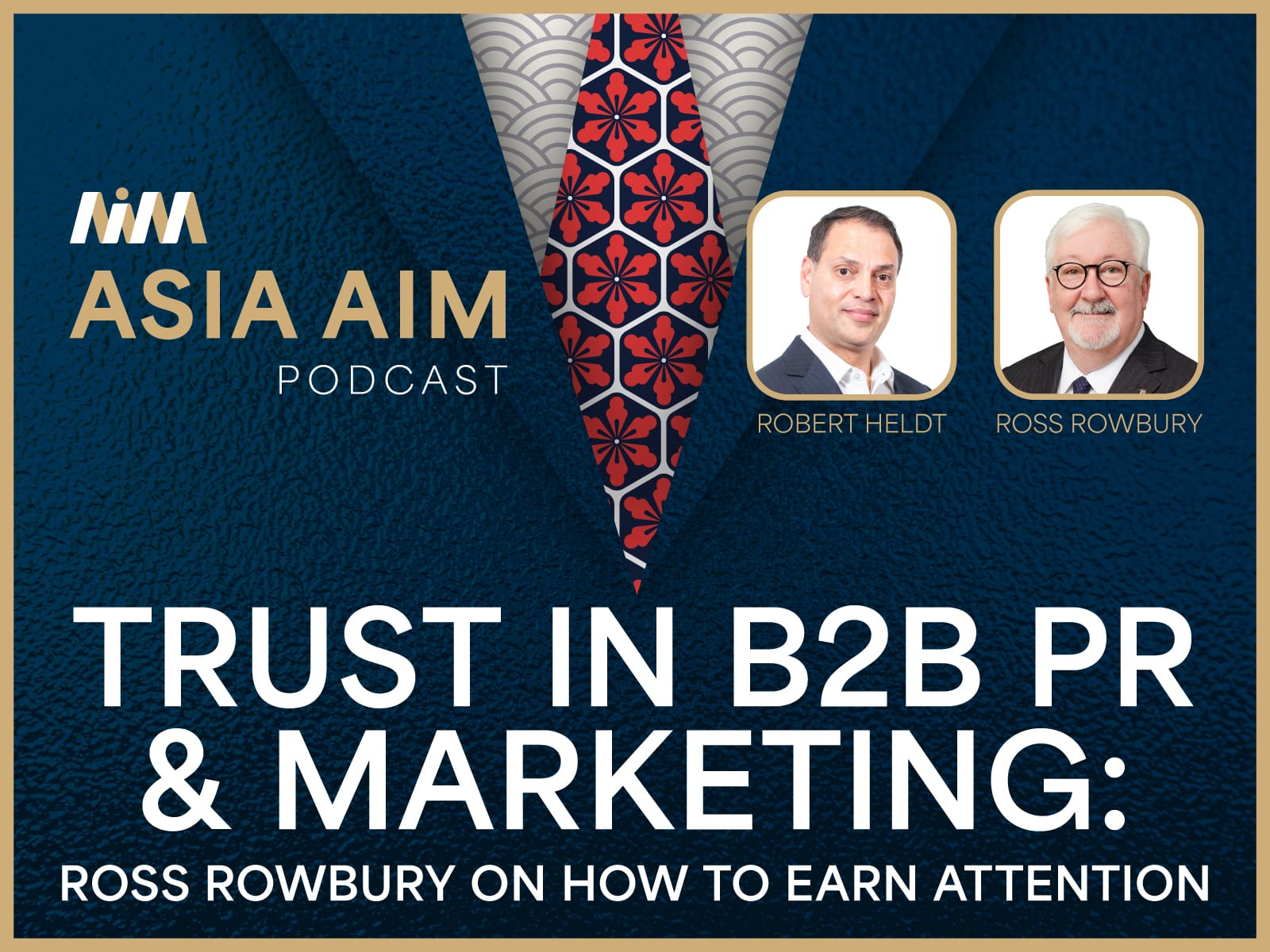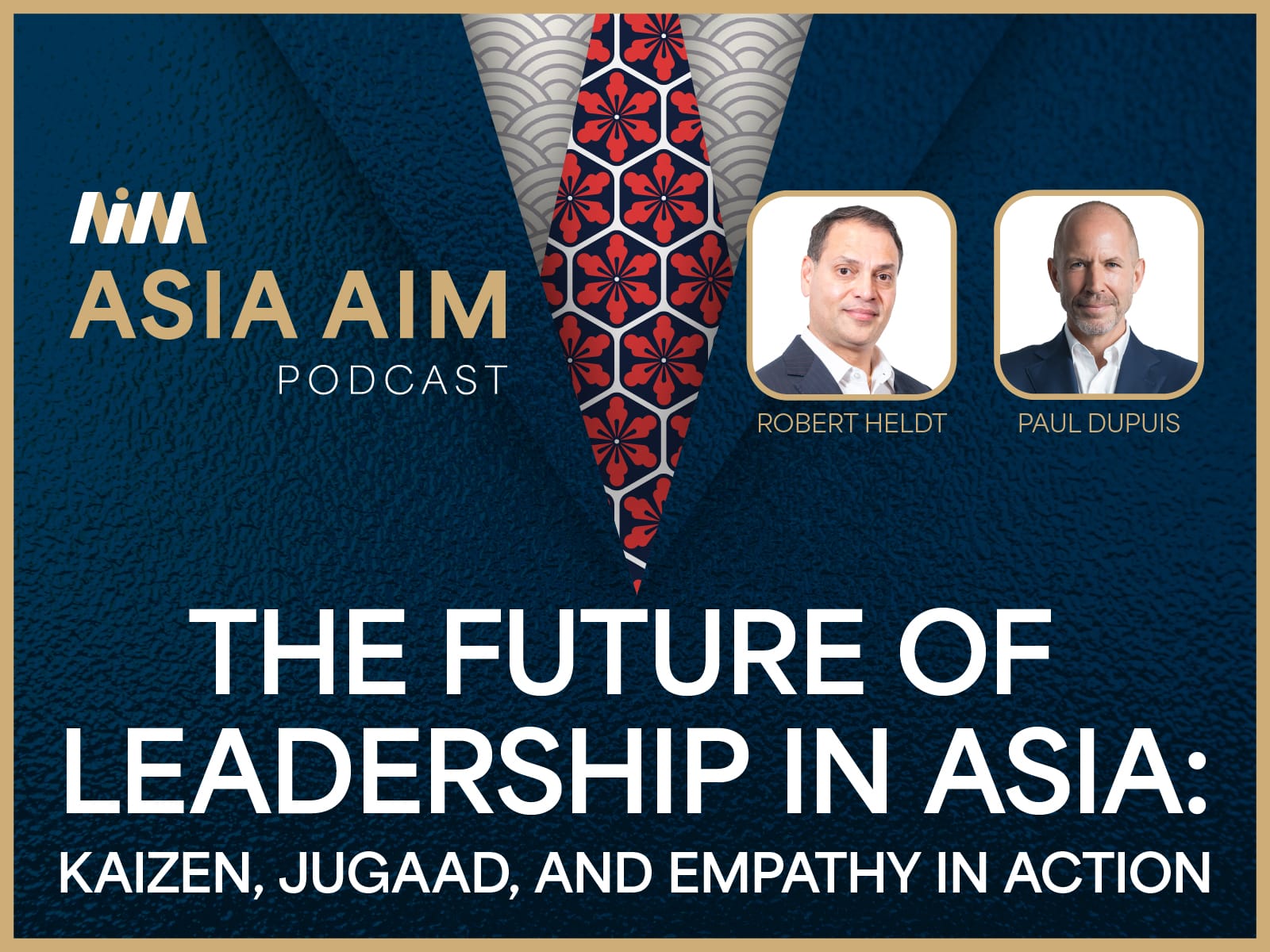
Unleashing AI: The Do’s and Don’ts of Using Machine Learning for Content Marketing
Leveraging AI tools can significantly enhance efficiency and effectiveness for marketing strategies, but how can we benefit from the convenience of AI without compromising the quality of our work?
Content creation is the cornerstone of good marketing campaigns, and the introduction of AI provides a tempting opportunity to use this new technology to our advantage. The speed at which platforms such as ChatGPT generate content makes it extremely easy to save time, but it is essential to follow best practices to avoid cutting corners and compromising quality. Here’s a guide to the do’s and don’ts of using AI for content marketing.
Do’s: Content ideation, SEO optimization and data analysis
Consider leveraging AI for content ideation. AI tools can streamline the process of generating content ideas by analyzing data from various sources, including social media trends and keyword searches. This can be an easy way to cut in half your brainstorming while tripling the amount of ideas you can sift through, which will help you quickly identify engaging topics tailored specifically for your audience.
You can also use AI to optimize content for SEO. In fact there is already a variety of AI SEO Tools specifically designed to help you ensure you are adopting SEO best practices. Asking AI to analyze a blog post or social media campaign outline to suggest keywords or relevant hashtags will give you a plethora of terms to cross reference with your own, ensuring that you are covering all your bases. The digital world moves fast, but AI moves faster, so utilizing machine learning platforms to generate comprehensive lists of terminology and SEO recommendations will ensure that you aren’t missing anything.
AI can also be a powerful tool in analyzing data and summarizing numbers in an easily digestible way. Especially as your data set grows, data analysis can become more complicated and time-consuming. Using AI to efficiently scan and summarize data to avoid having to manually conduct data cleaning or processing can save you invaluable time that you can use to perfect your messaging, or even expand your client base.
One thing you should definitely add to your to-do list when using AI: triple check! Machine learning is doing just that—learning. It can still make mistakes, so be sure to thoroughly proofread for any spelling, grammar or errors in numbers and names that may arise. Be wary of relying too heavily on technology and always treat it as a tool to create, not as a creator in and of itself.
Don’ts: Over reliance, biases and data privacy
Resist the temptation to rely solely on AI for content creation. While it can be an easy way to create a launch pad for yourself in the beginning stages of a campaign, don’t rely on it to write all your copy. The core of creative content marketing is in the ability to effectively craft a compelling story. Understanding on a nuanced level who the client is and how they want to communicate with consumers or other businesses is not something that can be generated by a machine authentically. That voice is ultimately crafted by you—someone who understands the clients’ needs and the market they’re operating in.
It’s also important to be aware of biases. A major ethical concern with AI is the potential for unintended bias in its outputs. Machine learning platforms operate by examining and analyzing data that exists online, but this doesn’t safeguard against social biases that have been quietly embedded into said data, according to IBM. Relying too heavily on AI-generated outputs without considering the potential bias that might be present in the existing data can foster mistrust among marginalized groups.
Don’t neglect data privacy and ethics. The amount of data required by AI has routinely raised concerns around privacy and data sharing. Make sure you are adhering to all data protection regulations by checking that you are in compliance with regulatory codes. If you are in Japan, for example, be aware that the country is still developing its AI regulatory framework, but recent updates reflect a growing alignment with international standards. Be sure to stay up-to-date on the latest AI regulations.
AI is a revolutionary tool for content marketing, making it easier to generate new ideas, optimize for SEO and gain valuable insights from data easily and efficiently. But it’s incredibly important to make sure you are using these tools responsibly and thoughtfully. Maintaining authenticity and your human voice is more important than the convenience that may come with these tools. If AI could do it all, your clients wouldn’t have hired you. Your human touch and attention to detail will always remain the most irreplaceable element if you hope to create content that is lasting, impactful and effective.


